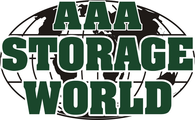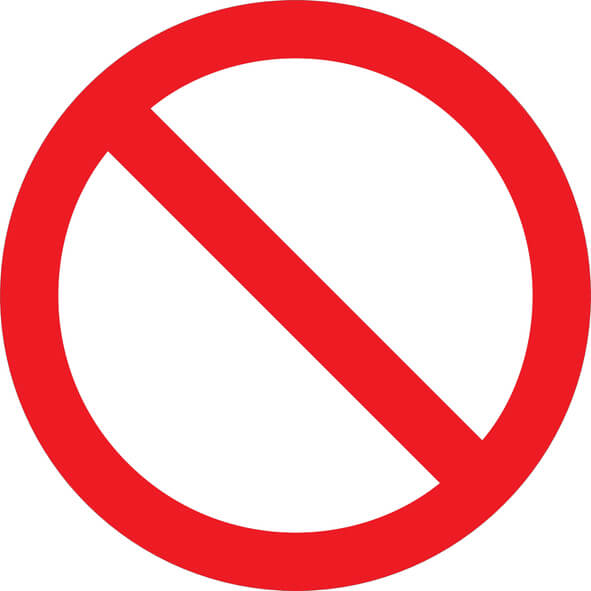8 Items You Can’t Put in a Storage Unit
Self-storage is a great solution for moving, remodeling, or just otherwise in need of a place to put some of your stuff. And while there are a lot of things that you can safely put into storage, there are also items that you can’t put in a storage unit—and it’s important to know what they are so that you can make alternate plans.
If you’re planning on renting a storage unit, make sure that you’re familiar with what you can and can’t store in it so that you don’t face any inconvenient surprises later on. Most of these probably won’t surprise you, but here are 8 items that you can’t put in a storage unit, plus a look at the long list of things that you can.
What you can’t put in a storage unit
All storage companies have their own rules, and that includes guidelines on prohibited items. In general though, here are 8 items you can’t put in a storage unit, regardless of who you’re renting from:
Food
Perishable food items are magnets for pests, mold, and mildew, and even in a climate-controlled unit they’re not going to stay fresh for very long. Even shelf stable items can be tricky, since some may bring in rodents and bugs while others, like canned foods, are at risk of combustion.
Hazardous materials
If an item is toxic, flammable, or combustible, then you’re not going to be able to keep it in a storage unit. This includes:
- Paint
- Fertilizer
- Fireworks
- Oil
- Chlorine bleach
- Acetone
- Kerosene
- Gasoline
- Turpentine
Even some household cleaners may fall on this list if they’re particularly toxic or dangerous. Moving companies won’t take these items either, so if you’re relocating, make sure to properly dispose of hazardous items on your own ahead of moving day.
Stolen and illegal goods
If you’re in possession of stolen property or illegal goods, you’re not going to have any luck keeping it in your storage unit. Not only are self-storage facilities well-monitored, but their employees are also liable to call the police if they suspect that there’s something suspicious going on.
Weapons and ammunition
Firearms, ammunition, and other weaponry—think hand grenades, flame throwers, and anything else you wouldn’t want going off accidentally—come with a lot of liability issues involved on the part of the facility, plus the obvious safety issues.
Living and dead items
It probably goes without saying that, alive or dead, people and animals cannot be kept in storage units. This rule also extends to other living or dead things, including plants, flowers, and human ashes.
Wet items
You can store items that are intended to get wet (kayaks, surfboards, scuba gear, and so on), but they’re going to need to be dry before you shut the door. Wet items tend to grow mold and mildew in dark, closed-off spaces, which is exactly what your storage unit is. Aside from being gross to come back to later on, this will also potentially ruin your stuff, so it’s worth taking the time to ensure that all of your belongings are fully dry before you stick them into storage.
Priceless and irreplaceable items
If you can’t live without it, it shouldn’t go in your storage unit. While it’s not a matter of safety or liability, there are always some risks taken when you put an item in storage. While it’s very unlikely, unfortunate events could also take place on the premises that destroy your items, such as a fire, flooding, or robbery.
Of course, this doesn’t apply to all antiques and valuables, many of which storage companies actually encourage you to store. But if it’s truly irreplaceable to you, you’re better off keeping it nearby.
Tires
Tires often find themselves on the banned list of storage items, and for two good reasons: one, tire fires are no joke, and two, if the storage company gets stuck dealing with left behind tires they face steep disposal fees. You can keep the four tires on a vehicle that you’re storing, but no more than that.
What can you store in a storage unit?
The good news is that the list of items you can’t put in a storage unit is a whole lot shorter than the list of items that you can. While some of these items may need a climate-controlled unit, here’s a quick list of what you can safely store:
- Artwork
- Antiques and collectibles
- Appliances
- Books
- Home décor
- Furniture
- Mattresses
- Wine
- Clothing
- Sports equipment
- Musical instruments
- Vehicles
- Photographs
- Electronics
If you’re ever unsure about whether or not you can store an item, reach out to your storage provider directly and ask. It’s always better to get a heads up in advance so that you’re not left scrambling later on.

